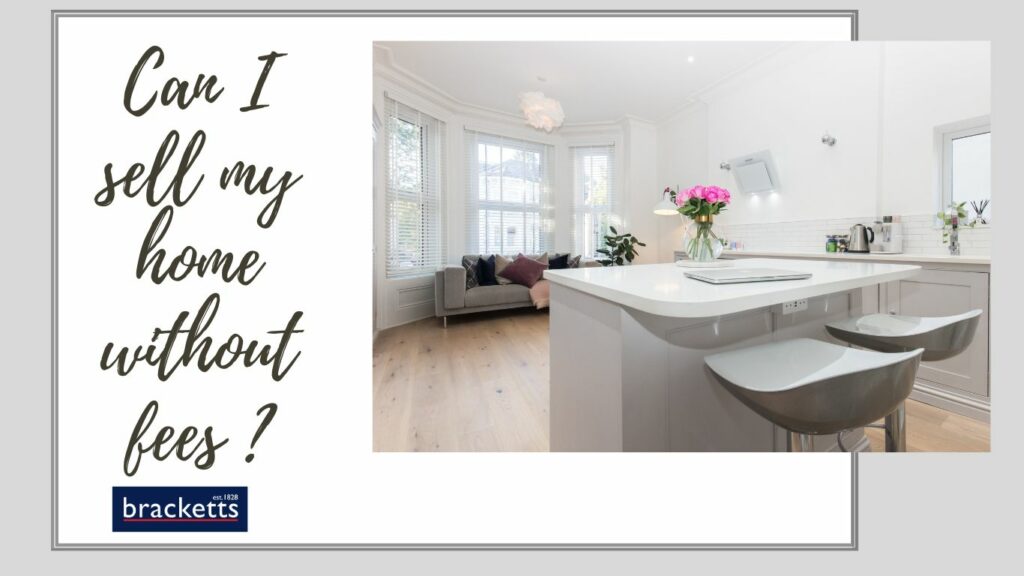The simple answer is ‘yes’, but the important question is “Should I sell my house without paying any fees”

Let me explain…
You can sell your home via a tender process, and with this method, the seller doesn’t pay any fees.
Sounds great doesn’t it – can I sell my house without any fees? Yes!
So, who pays the fees?
Well, this is a valid question and this is where the process can become very unappealing to buyers.
This is because the buyer is then having to meet the cost of the sale, and the amount is often significantly more than what the seller would have paid.
The buyers fees are often referred to as a ‘tender pack or reservation fee’, which can be around 4.2 % of the purchase price, with a minimum fee of £6,000. Also, the purchase which must completed within 56 days.
Some agents will also charge the buyer an additional sum of £300 upfront for a ‘buyers information pack’ which is payable irrespective of whether the sale completes.
Let’s take an example of a buyer who has a budget of £500,000 to spend on a property.
The buyer needs to pay a tender fee, often 4.2% of the sale price, (or a minimum fee of £6,000), then their budget for that property is reduced now to £479,000.
Invariably, whatever the cost of the fees to the buyer, (who wouldn’t normally expect to pay an agents fee), it is going to be knocked off their offer for that property so the vendor is losing out.
Now they are paying £21,000 fees and paying £479,000 for the house. The stamp duty liability is actually the combined sum of both, i.e. £500,000.
If the vendor had paid the agent’s fee for a conventional sale, this is typically in the region of 1% ( plus VAT), and had the seller paid a fee to the agent of £6,000 ( inc VAT) in this example would have come away with £494,000. Selling via tender they would achieve £479,000 a significant loss of £15,000
- The citizens advice lend a word of caution about this method of selling on their website…
- ‘…tender process may put off potential buyers as they may not want to pay the agent’s fee.’
- You must be told at the start that the buyer is agreeing to pay the agent’s fee
Another important aspect to consider is who is the client ?
Generally, the client is the person who pays the bill, so in this case, is the vendor the client, or the purchaser?
Should there be any tricky negotiations during the sales process, which can happen, then how does the Estate Agent navigate a resolution and whose side are they likely to support?
This in itself is a fundamental consideration with this process.
There are occasions when a purchaser may try and ‘chip’ the purchase price, sometimes with valid reasons such as defective title or unforeseen structural issues that require expensive remedial work.
Having an agent support and investigate this for the client (who is usually the vendor) can be a substantial part of the sales progression that a good agent will want to resolve for you – but for whom – who is the client?
Back then to the original question, my answer would have to be rather like the old adage,
‘There is no such thing as a free lunch’ and this method could significantly reduce the achievable price and add other complications.
Needless to say, if you’re thinking of selling or buying a property, come and speak to us at Bracketts at our Tunbridge Wells branch or our Tonbridge branch where you’ll receive a warm welcome and honest advice.
